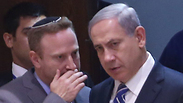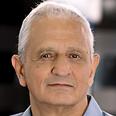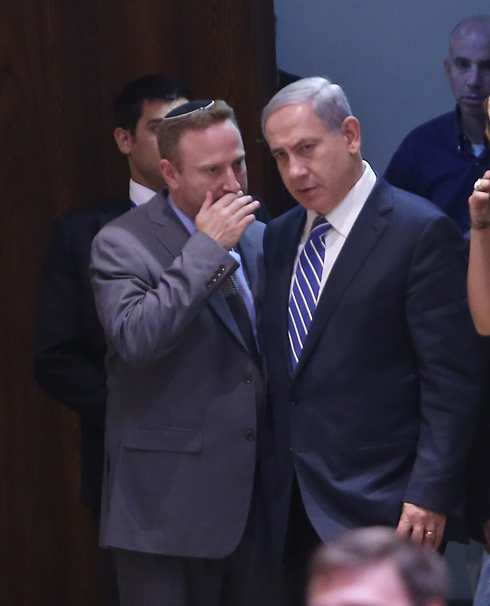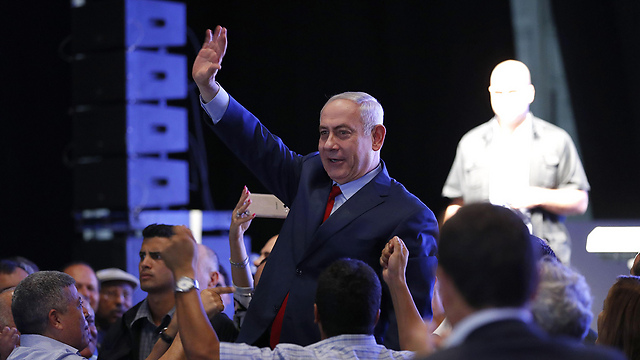
PM's investigations: Sacrificing a knight for a king
Op-ed: As the state’s witness deal signed with the prime minister’s former chief of staff may have caused PM Netanyahu's investigations to reach the point of no return, we are left with endless investigations, media channels that fill the news space with tantalizing headlines, and a prime minister who has trouble functioning.
Tova Tzimuki, Yedioth Ahronoth's legal correspondent, taught me a fascinating fact about the process that researchers in the investigations of Prime Minister Benjamin Netanyahu are undergoing. At some point, she explained, the attorney in charge of the case reaches a point of no return. He must move forward with the case.
Attorney General Avichai Mandelblit may have reached this point in dealing with Netanyahu and his wife.
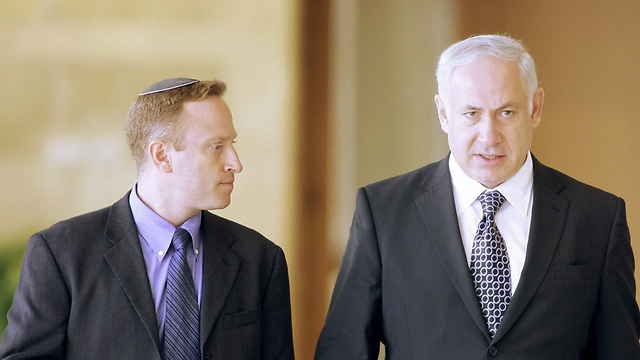
I'll try to expand on this. When I look back, at Olmert's investigations, into the past cases of Aryeh Deri, Avigdor Lieberman, and perhaps even Moshe Katsav, I notice the same phenomenon. There is a stage in which the interrogator stops seeing the suspect as a legitimate public figure and begins to see him as a criminal.
A criminal is liable to stand trial and be punished. Any other result would be considered a terrible failure, a devastating blow to the rule of law.
Think of Attorney General Menachem Mazuz and State Prosecutor Moshe Lador and the decisions they made in Olmert's cases. They would not have dared to bring Morris Talansky to a preliminary testimony, one which ended up being filled with dubious arguments, had they not been convinced that Olmert was a criminal. He no longer enjoyed the presumption of innocence—not by them.
I think I can clearly identify this point of no return: The moment when the attorney general agrees to the signing of a state witness deal.
A state witness is a criminal whose offenses can be proven—otherwise he would not agree to admit to them and inform on others. In chess terms, the state is willing to sacrifice a knight for a king. The question, though, of who is the knight in this game and who is the king, is open to debate; it is easier to decide when it comes to crime families; it's harder when it comes to public figures.
Ari Harow got involved in criminal offenses. No matter what his associates say—he agreed to the deal he signed and admitted to committing crimes. The question is whether what he brings with his testimony is more severe than what he himself did. If not, it is doubtful whether the police are justified in exempting him from a prison sentence.
As soon as Mandelblit decided to sign the deal with Harow, he entered what Ariel Sharon used to call the "corrals"—a cattle barn that is constructed wide and narrows as you approach its end, which is the slaughterhouse. The more you progress within the corrals, the less likely you are to get out, until your chances become zero. If Mandelblit closes Netanyahu's cases, he will be asked why he exempted Harow from punishment. He now must go all the way.
Such affairs take place simultaneously on three different planes, at different paces.
The first of which, the investigation, proceeds slowly. Every suspect adds information that requires the summoning of additional people for interrogation, or the re-summoning of those who have already been interrogated.
The State Prosecutor's Office knows that it is dealing with a very strong opponent, surrounded by lawyers and money. You cannot simply arrest him, and it's very hard to dictate his schedule. They want to play it safe—leave no stone unturned, interrogate everyone they possibly can. And so, months turn into years.
The second plane is politics, which has its own rhythm. The political system is full of activity; There are those who are afraid of elections those who pushing for it. Meanwhile, the prime minister's status weakens. He works under pressure. His ability to function properly is damaged.
There have been two recent examples of this: Netanyahu's decision to distribute pictures of him embracing the security guard who shot and killed two people in Jordan, and the hasty decision to erect metal detectors at the gates of the Temple Mount, a decision that the withdrawal from which costed Netanyahu voters on the right. Netanyahu should have known better.
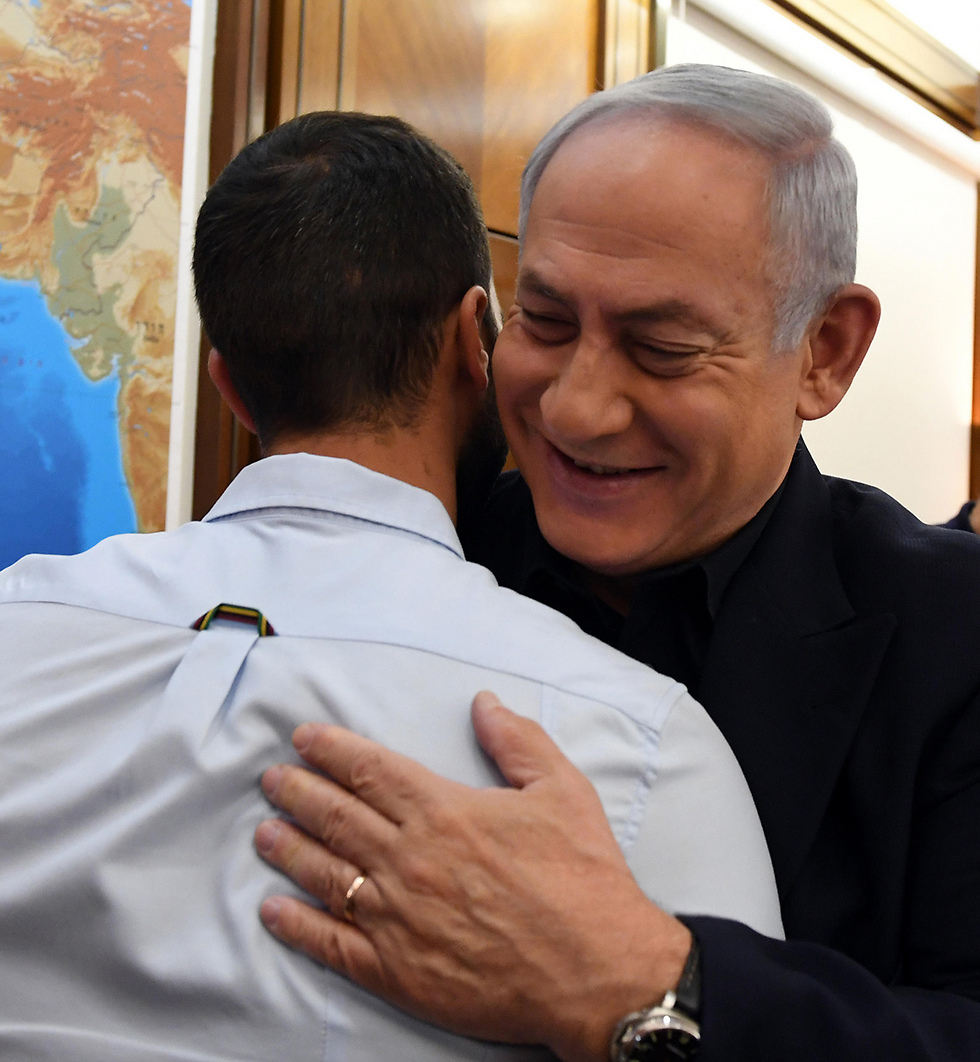
A prime minister can mobilize against the investigations the political system and his supporters. That is what Netanyahu is attempting to do now.
In his speech on Wednesday, he slammed the media and the left, but in fact spoke, between the lines, at the officers at Lahav 433, at the prosecutors vying for his indictment and at future interrogees. He made it clear to them that they would become enemies of the people.
The third plane is the media. The pace on this plane is dizzying. The headlines are noisy and confusing. They talk about suspicions, but give the impression that guilt has already been proven, while the road to conviction is still a long one.
There is no way to synchronize the three planes, and the result can be burdensome: endless investigations, media channels that fill the news space with tantalizing headlines, and a prime minister who has trouble functioning.
As Churchill once said on another subject, "this is not the end. It is not even the beginning of the end. But it is, perhaps, the end of the beginning."













